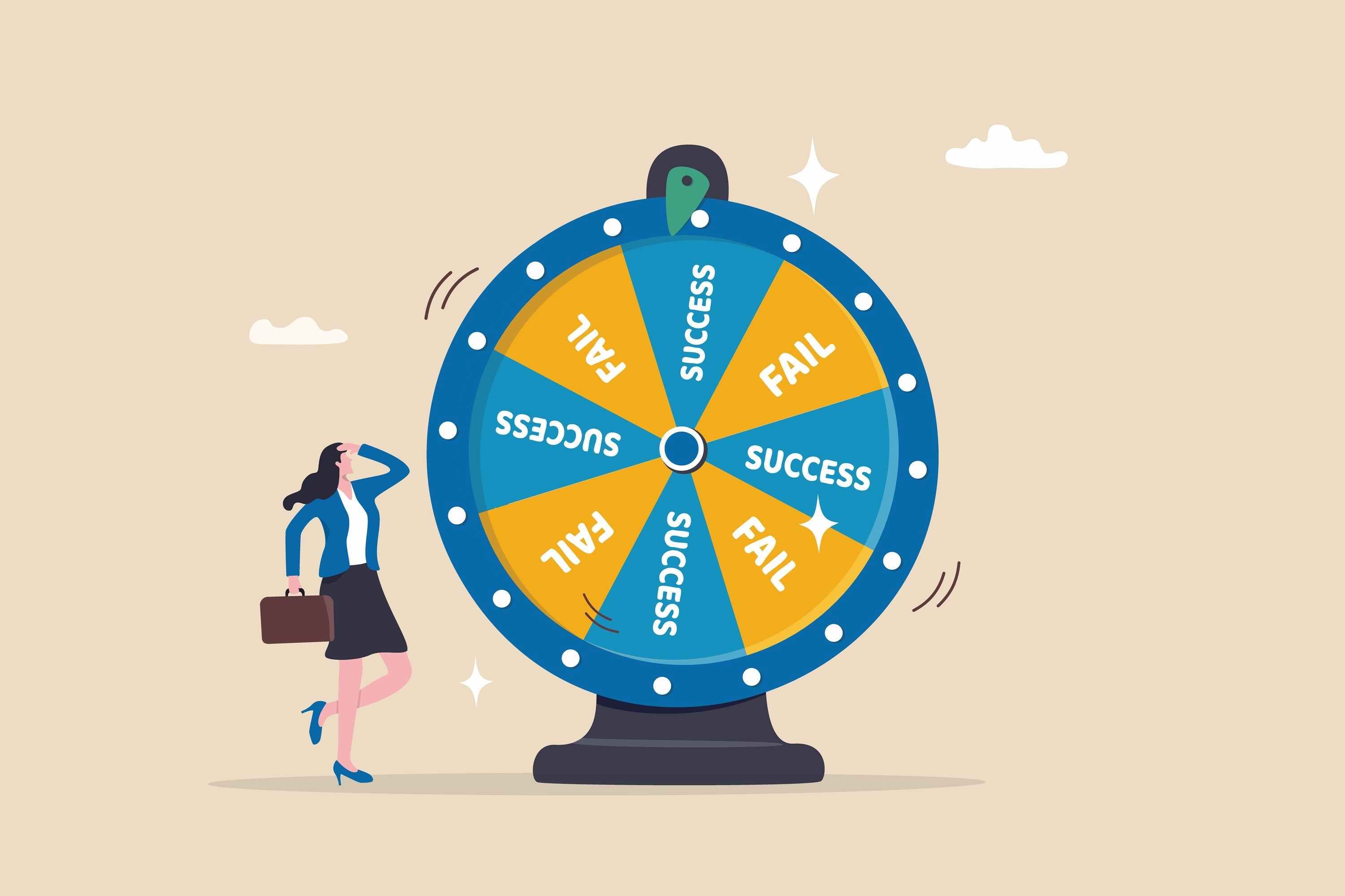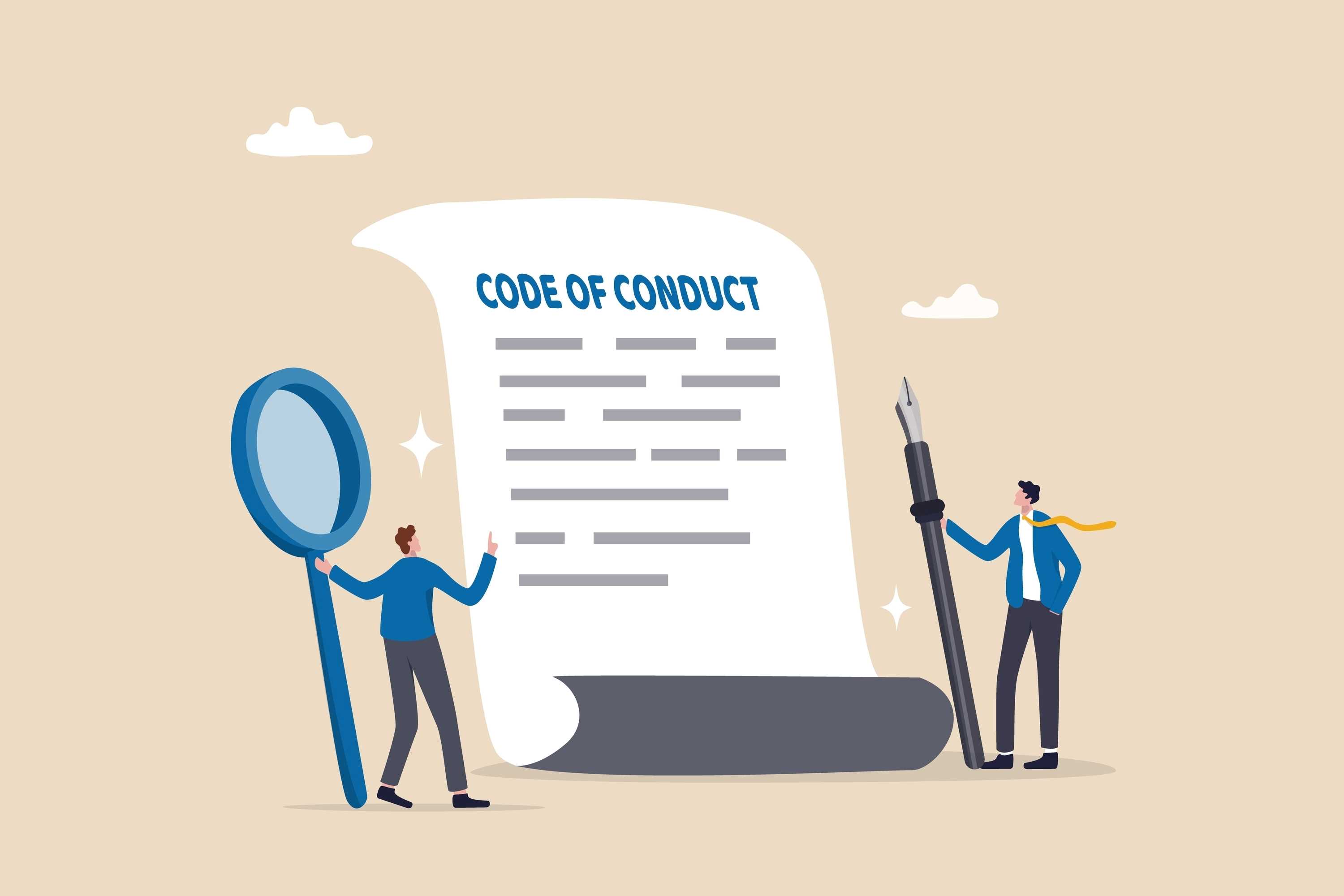Starting Your Own Business vs Buying A Franchise
Starting Your Own Business versus Buying a Franchise. Which is the better option? IntroductionAdvantagesInvestment and Financial Considerations...

Are you thinking of buying a franchise? It’s an exciting proposition that can bring both rewards and risks. Before you make a commitment, it’s crucial to carefully consider all the elements involved.
With this in mind, we have put together our top 5 list of things to look out for when buying a franchise: from evaluating whether or not it's the right fit for you, to understanding the length of any commitments.
Start by understanding the business model of the franchise you're interested in. Study their operations and how they make money. Then, take a close look at their financial data to ensure they have a solid track record of profitability. Finally, don't forget to check references. Speak with current and former franchisees to get a better sense of their experiences and any potential challenges you may face.
Taking the time to thoroughly examine the franchise will give you a better understanding of what you're getting into and help you make informed decisions moving forward.
It's important to analyse the risk factors.
So, what exactly should you be looking at? Start by evaluating the market opportunity. Is there a demand for the product or service you'll be offering in the area you're looking to operate? Next, take a look at the competition. How many similar businesses are already operating in the area? What sets your franchise apart from the rest? Lastly, consider customer demand now and in the future. Are there enough people interested in your product or service to sustain your franchise long-term?
By carefully reviewing these risk factors, you'll be making a more informed decision about the potential success of your franchise.
Thinking about buying a franchise can be an exciting and overwhelming experience. But before you decide to go ahead, it's important to assess your current financial situation. Can you afford the initial costs? Will the income from the franchise enable you to pay the ongoing fees for the length of the franchise agreement? Consider your current income, debt, savings, and expenses to determine if buying a franchise is feasible. Take financial advice from an experienced financial adviser.
Remember, it's not just about affording the initial investment, but also the ongoing fees and any unforeseen costs that may arise.
Conducting a thorough financial analysis upfront may save you from financial ruin down the road. So, take some time to evaluate your finances and make an informed decision about whether or not buying a franchise is the right move for you.
When considering buying a franchise, it's important to know your own strengths and weaknesses. You want to make sure that you'll be able to keep up with the franchisor's system and expectations.
Are you a natural leader? Do you excel at following rules and procedures? Do you communicate effectively? These are all important questions to ask yourself.
Understanding your own strengths and weaknesses will help you determine if you are a good fit for the franchisor's system. While you want to challenge yourself, it's also important to be realistic about what you can handle.
If you're thinking about buying a franchise, it's important to understand your legal obligations.
One of the first things you should do is read the franchise agreement. This will give you a good understanding of what's expected of you as a franchisee. You should also take advice about the franchise agreement and the franchise business from an experienced franchise lawyer.
Another important consideration is the laws and regulations that apply to franchises. This is not just limited to the application of the Franchising Code of Conduct. What are the regulations around staffing? What are the rules for marketing? Familiarising yourself with the legal framework will help you avoid any pitfalls and operate your franchise smoothly.
It may seem daunting, but taking the time to educate yourself on your legal obligations upfront is one key to your success as a franchisee.
Information Statement for Prospective Franchisees
Buying a franchise is not for everyone.
To help with your decision:
Making an informed decision takes time and effort and can involve some cost, but you will know a lot more about what you're getting into and it could help you avoid expensive mistakes.
Finally, if you have any questions throughout this process, let us assist!
Disclaimer
The information in this article is general in nature and is not intended to address the circumstances of any person or other entity. Although we do our best to provide timely and accurate information, we do not guarantee that the information in this article is accurate or that it will continue to be accurate in the future.

Starting Your Own Business versus Buying a Franchise. Which is the better option? IntroductionAdvantagesInvestment and Financial Considerations...

On 7 May 2024, the Minister for Small Business, the Hon Julie Collins MP, released the Australian Government's response to the Independent Review of...

August 12, 2022 On 1 April 2022 the Franchising Code of Conduct (the Franchising Code) was amended to insert a new clause 53 which sets out the...